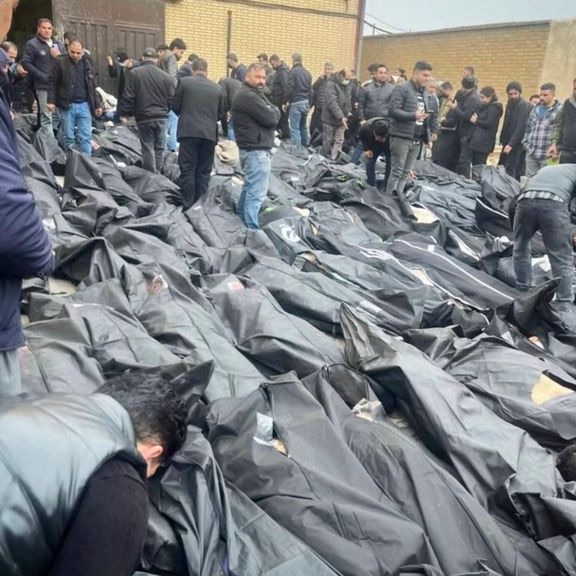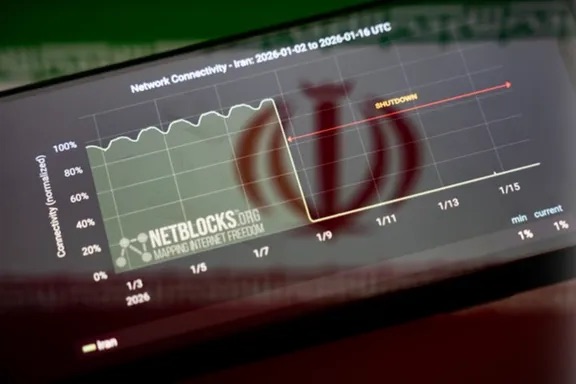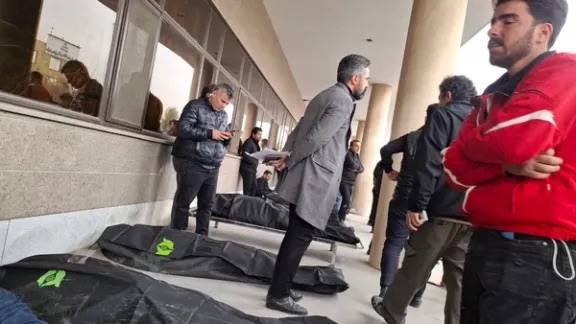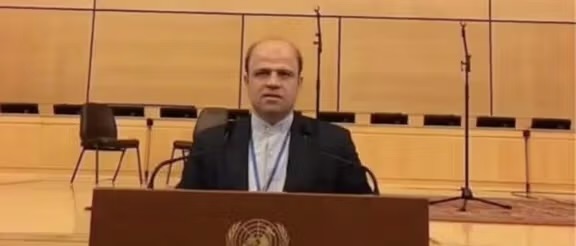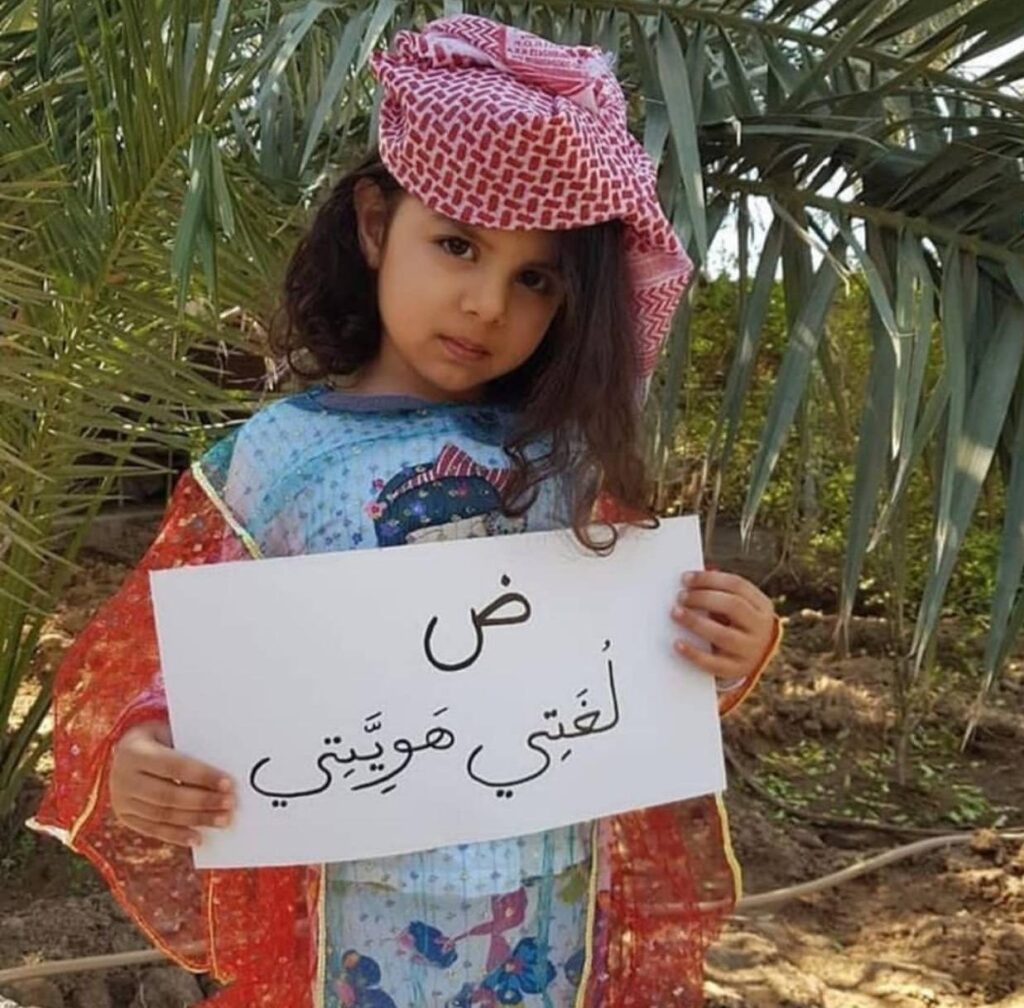
Arabic: The Most Marginalized Language in Iran
Iran is a highly multilingual country, yet education in languages other than Persian (Farsi) is not permitted. Advocates for linguistic rights often face persecution by security bodies, which view their demands as linked to separatism.
According to social media reports, activists in several cities marked International Mother Language Day on February 21 by distributing materials in their native languages. While speakers of Turki (Azeri) and Kurdish took part in these activities, Arabic—despite its deep historical and cultural roots in Iran—remains one of the most marginalized languages in the country.
Arabic is predominantly spoken in the southwestern province of Khuzestan, home to a large Arab population. However, there are no official statistics on the number of Arabic speakers, as the government does not recognize Arabic as a native language of Iran beyond its role as the liturgical language of Islam. Unlike other minority languages, Arabic has significant religious and historical ties to Iran, yet its speakers face systemic discrimination. Arabic-language education is severely restricted, and Persian is the sole language of instruction in schools. As a result, many young Arabs in urban centers grow up with limited proficiency in their mother tongue.
The Iranian government has long viewed demands for native-language education with suspicion, often associating them with separatist movements. This has led to the suppression of Arabic cultural and linguistic expression. Despite these restrictions, Arab activists continue to advocate for their linguistic rights, emphasizing the importance of preserving their heritage and identity.
Throughout history, Persian has been the official language of Iranian dynasties, including the Safavid and Qajar empires. However, the presence of Arabic in Iran predates these dynasties, with deep linguistic, religious, and scholarly influence. Despite this, Arabic speakers in Iran remain among the most marginalized linguistic communities, facing significant obstacles in their efforts to gain recognition and educational rights.
